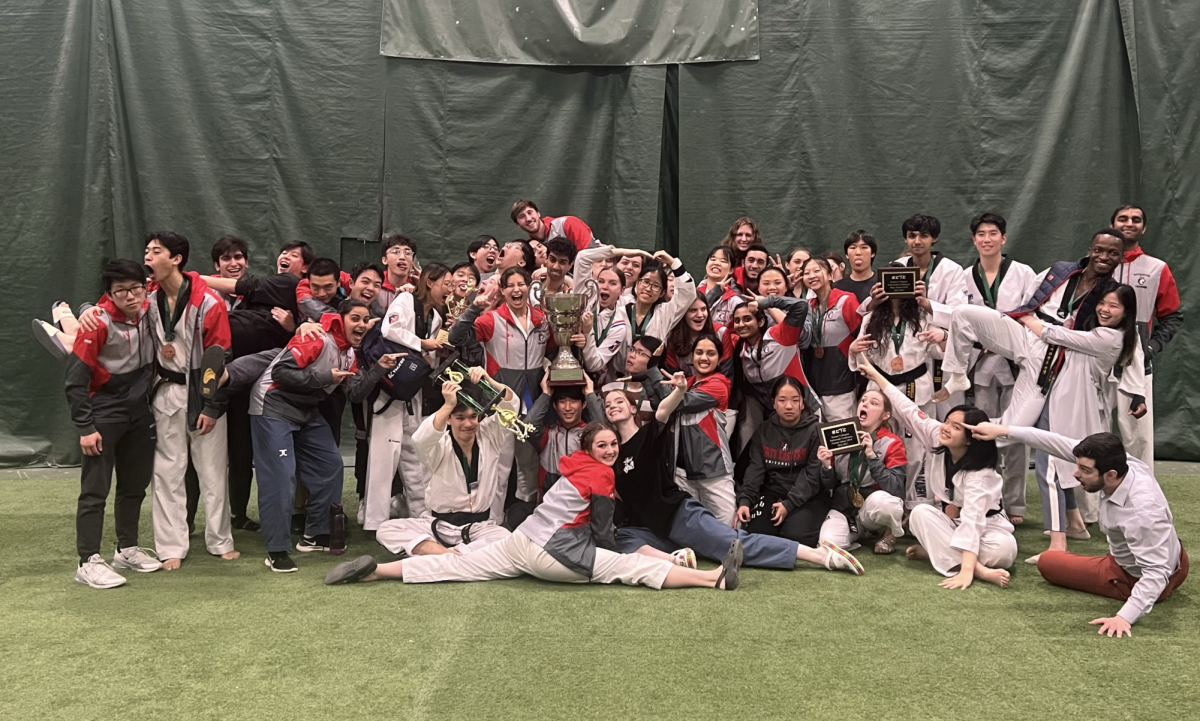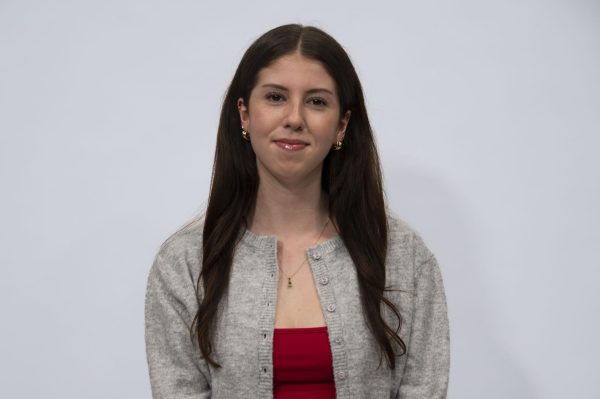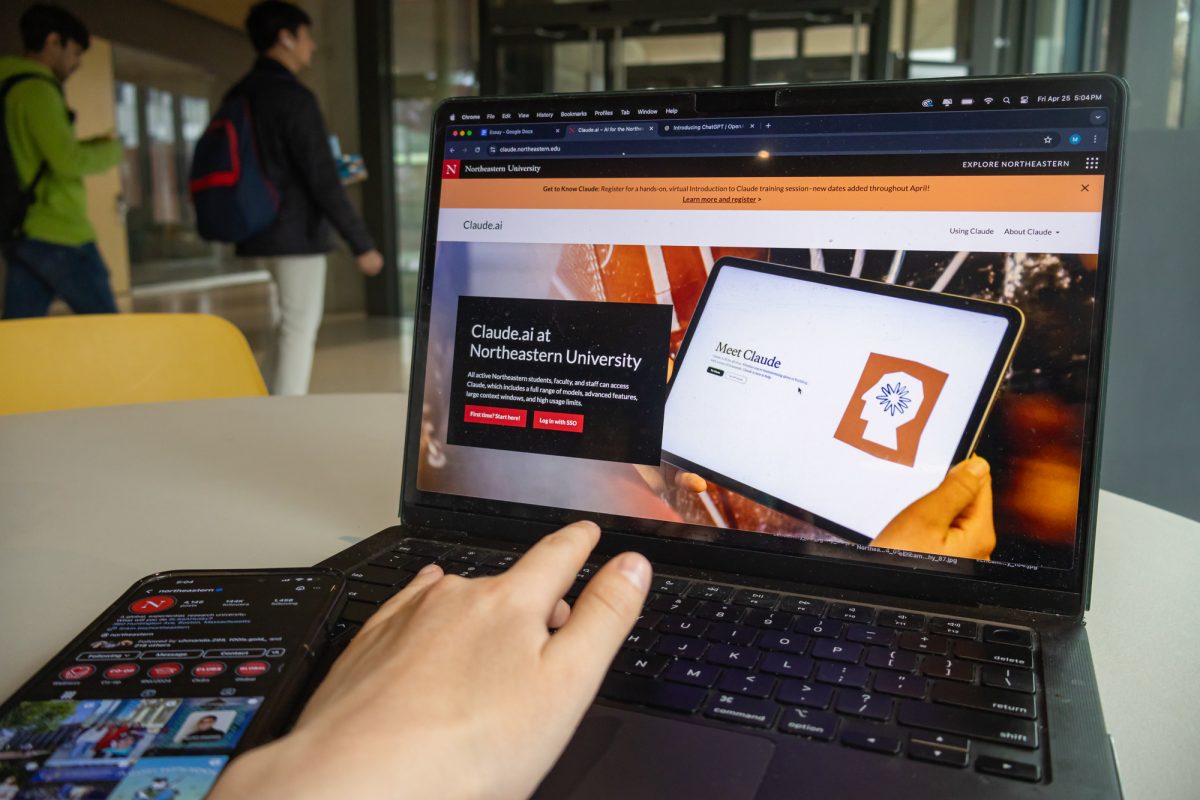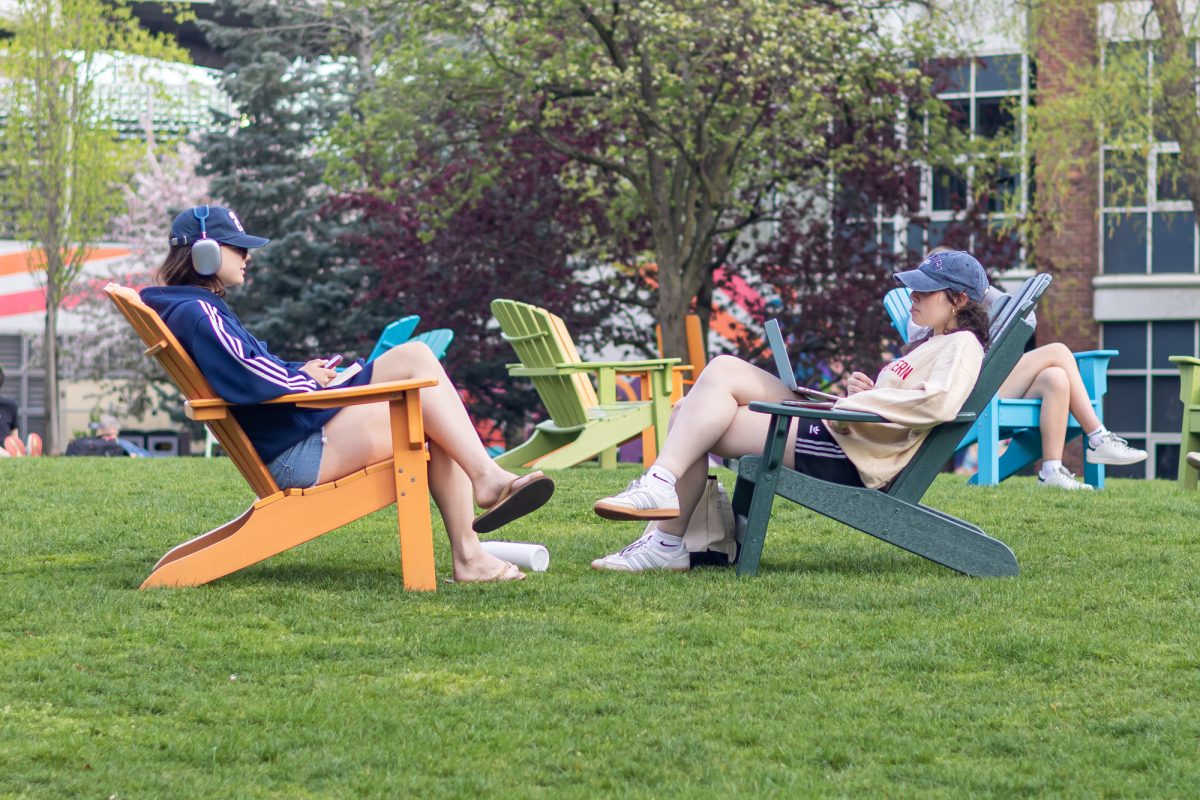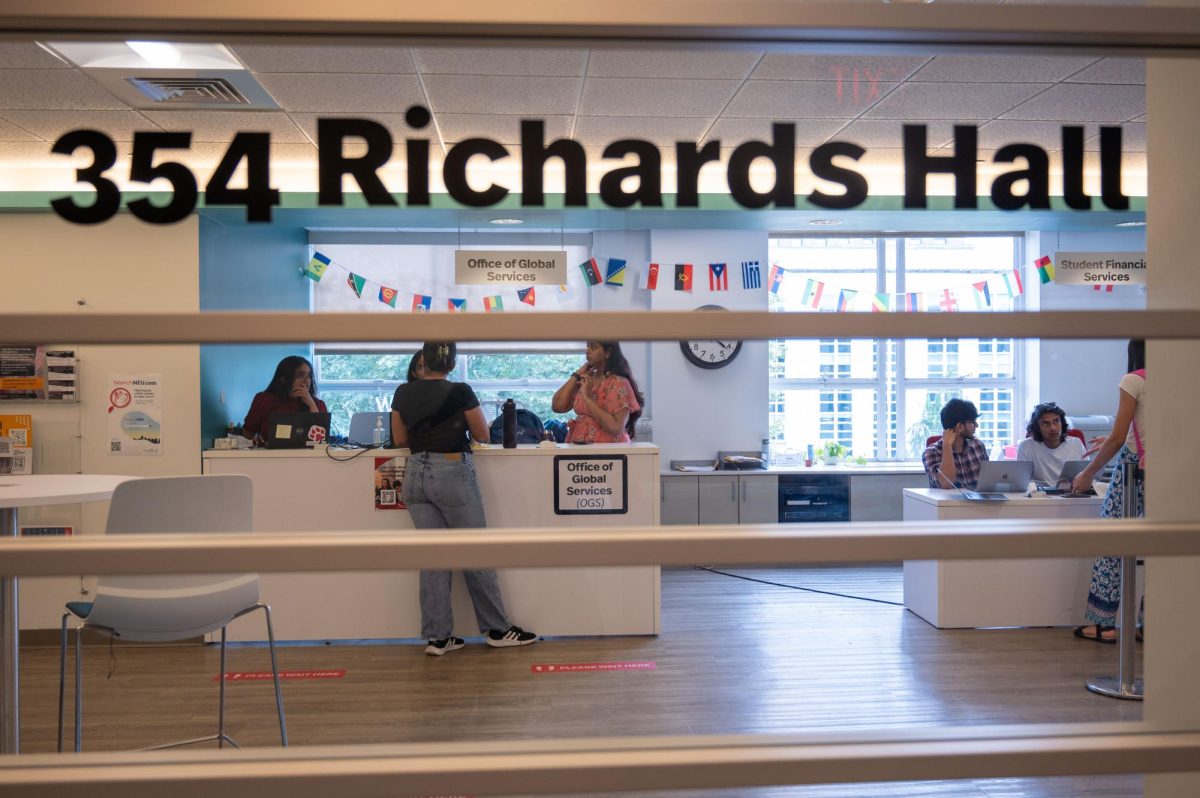Northeastern University prides itself on its well-known and successful athletic teams, and the school’s club sports are no exception. Northeastern offers 64 club sports for students to explore and participate in, however, many of these clubs are currently struggling for financial support from the university.
Club sports are overseen by the Club Sports Office, or CSO, in addition to the Northeastern University Department of Athletics and Campus Recreation. Since club sports have their own executives, advisors and are student-organized, the clubs are governed by their own set of regulations, including funding and financial operations. According to the Club Sports Handbook, club sports receive an allocation of funds dictated by the CSO every year. However, the handbook also states that “it should be a goal of every Club to function financially independent of Northeastern University,” suggesting that the school is not endowing much money to support club teams. It’s expected that teams fund themselves primarily through member dues, fundraising and donations which may not be enough to guarantee their financial success.
One of the teams currently facing financial stress is the club sailing team. The sailing team is struggling to keep up with the rising cost to use the MIT Sailing Pavilion, where they have practiced since 1940 due to Northeastern’s lack of its own boathouse. Using the MIT Sailing Pavilion as a practice space has allowed the team to achieve great success in recent years, with the women’s division of the team qualifying for the national championship in both 2022 and 2023. This is a major feat considering the team’s conference, the New England Intercollegiate Sailing Association, or NEISA, is one of the most competitive and second-largest in the Intercollegiate Sailing Association. Despite this success, the team is still wary of losing the practice space they have used to develop and strengthen their skills for the last 83 years since funding from the school is not meeting their basic needs.
The club sailing team is not the only club team that has seen success on a national level this year. This past May, the club roundnet team, more commonly known as the club Spikeball team, had an excellent show of skill at the 2023 Spikeball Roundnet National College Championships, placing fourth in the Division 1 category and first in the Division 2 category. In April, the club gymnastics team placed seventh at the national championship for the National Association of Intercollegiate Gymnastics Clubs. For many years, club taekwondo has regularly placed first, second and third in their conference and in an array of tournaments.
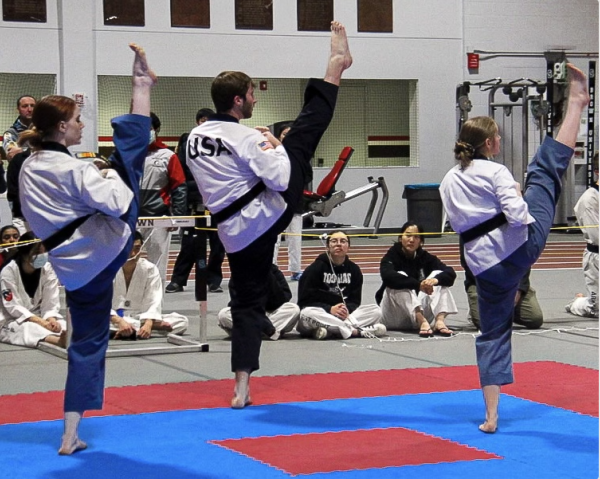
National competitions like these require club teams to coordinate travel to locations across the United States, which is not cheap. Based on guidelines outlined in the Club Sports Handbook, club teams can apply for additional funding if they are attending a national championship, yet the handbook is vague on how much money the club sports executives are willing to contribute to teams’ travel and boarding expenses. Club teams traveling to national tournaments provide good publicity to Northeastern by showing off their successful athletes and strong camaraderie between their students, and exemplary behavior like this deserves to be rewarded through funding that further supports the success of the team.
Asking teams to be financially independent is a major responsibility for the university to place solely on students. I don’t deny that financial literacy is an important skill for students to learn in these formative years before adulthood, but this isn’t the context to teach it in. Requiring students to take on the role of running the business behind a club team detracts from the characteristics of a club team that are important to student wellness.
Joining a club sport is a way for students to direct the stress of academics and their personal lives into something completely different, while still striving for success. Club sports are about the bonds formed between teammates, having a hobby and practicing healthy habits, all of which allow Northeastern’s club athletes to excel in the way that they do. Increasing the amount of money allocated to supporting club sports would enable students to continue demonstrating their merit on and off the field and I think it is owed to the athletes for their positive contribution to Northeastern’s reputation.
Kara Orsini is a third year health science major on the pre-med track. She can be reached at orsini.k@northeastern.edu



